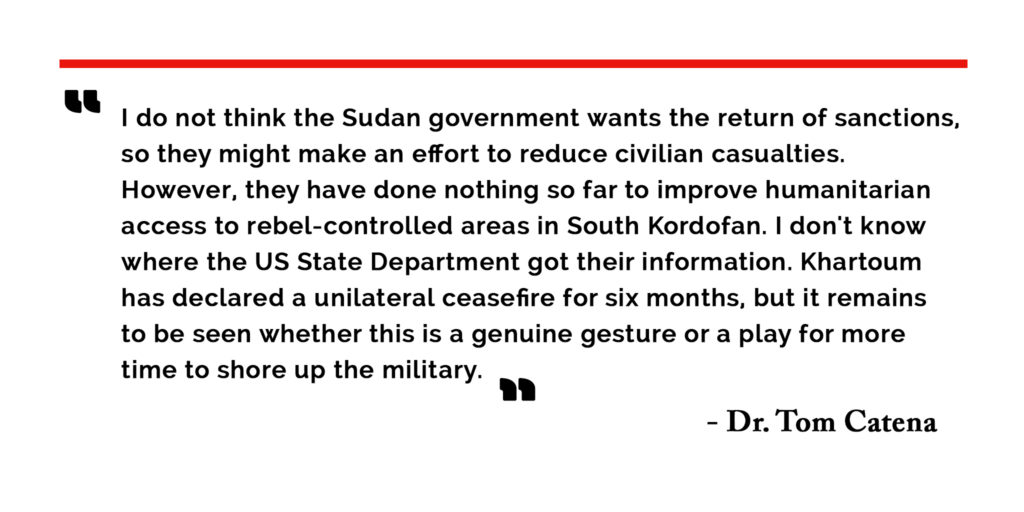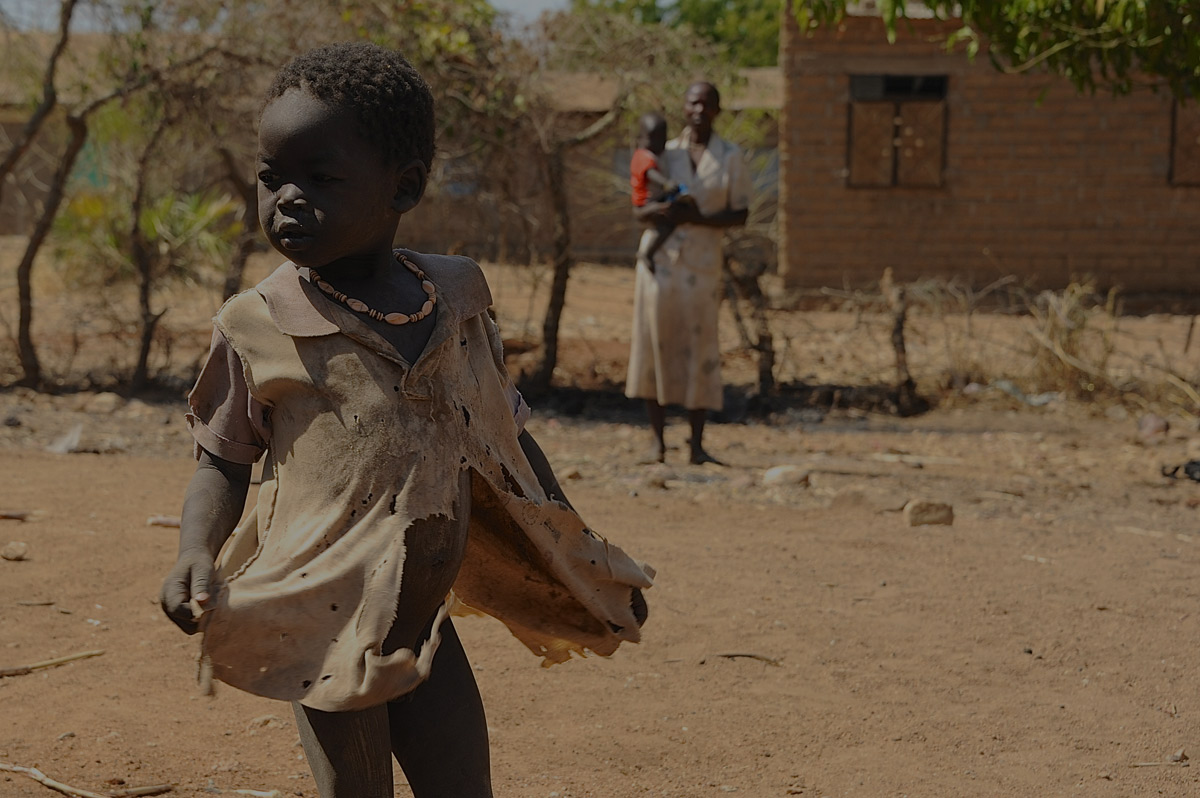
Shortly before leaving office, President Obama announced a plan to ease sanctions against Sudan, citing “improvements” in key areas, such as humanitarian access and counterterrorism. The international human rights community has responded with perplexity and outrage, with bipartisan concern over the decision. Here’s all the information you need to know:
Why are there sanctions?
Economic, trade, and financial sanctions were put in place almost 20 years ago in response to Sudan’s support of terrorism, and then increased under the Bush administration in response to acts of genocide and human rights violations by the Sudanese government against its own people.
What is happening in Sudan?
Omar al-Bashir has been the president of Sudan since 1993 (self-appointed), but assumed power in 1989 after he led a military coup to overthrow the sitting government. He has been indicted by the International Criminal Court on five counts of crimes against humanity (murder, extermination, forcible transfer, torture, and rape), two counts of war crimes, and three counts of genocide. He is an international war criminal who continues to bomb his own people in an active attempt to eliminate all non-Arab populations from Sudan.
In 2009, al-Bashir banned all humanitarian aid coming into Sudan, leaving his people starving, sick, dying, and subject to intensifying violence.
Why did Obama ease sanctions?
Although Obama’s stance on Sudan has changed since assuming office, with increased talks of normalizing relations with Sudan, this move to ease sanctions is surprising to say the least. In past conversations, ending human rights violations was always a condition placed on the potential to ease or remove sanctions.
According to Samantha Power, the outgoing United States Ambassador to the UN, the decision came in response to progress in humanitarian access, cooperation in counterterrorism efforts, implementation of a ceasefire, and a reduction in offensive military activity. The problem is that humanitarian access is still restricted, people remain displaced, violence continues to grip the nation, and there has been little progress towards peace.
What happens next?
Essentially, there is a six-month grace period for Sudan to prove that they have indeed made progress towards fixing these problems, or the sanctions will be reinstated. If the Trump administration certifies continued progress in these areas, the ease on sanctions will become permanent. Obama’s new tactic has a built-in fail-safe in the event that Sudan fails to make progress.
What will President Trump do?
We don’t know much about the incoming Trump administration’s policy regarding Sudan, but we’re buoyed by the recent past support of Africa by previous Republican presidents.
What can we do?
This issue has always been one of bipartisan concern, and we need to urge Congress to continue the United States’ support of the Sudanese people by condemning the ongoing genocide and human rights violations by Omar al-Bashir.





